Current Fellows
First year fellows
**We do not anticipate having additional openings for fellowships until July 1, 2024. Prospective applicants are encouraged to apply at any time for a tentative start date at/after July 2024. Please contact us as soon as you are able to let us know that you are interested in applying.**
Daniel Lopez, Ph.D.
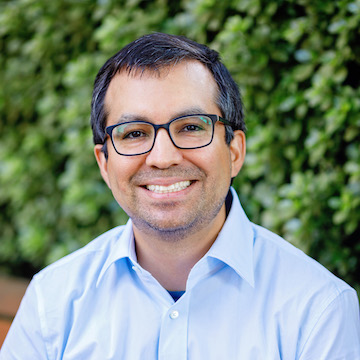
Postdoctoral Researcher; Department of Psychiatry, School of Medicine
Daniel A. Lopez is a postdoctoral researcher in Dr. Bonnie Nagel’s Developmental Brain Imaging Lab in the Department of Psychiatry. Daniel completed his bachelor’s degree at the University of California-Los Angeles. He holds a master’s degree in public health from the City University of New York and a Master of Arts from Stanford University. He completed his Ph.D. in Epidemiology in 2023 at the University of Rochester. Prior to joining the Epidemiology PhD program, he worked with the Hispanic Community Health Study/Study of Latinos. His graduate research focused on reward processing and cognitive development in adolescents. As a postdoc, Daniel will continue his work analyzing longitudinal trajectories of cognitive development in adolescents.
Hatun Duran Cete, MD
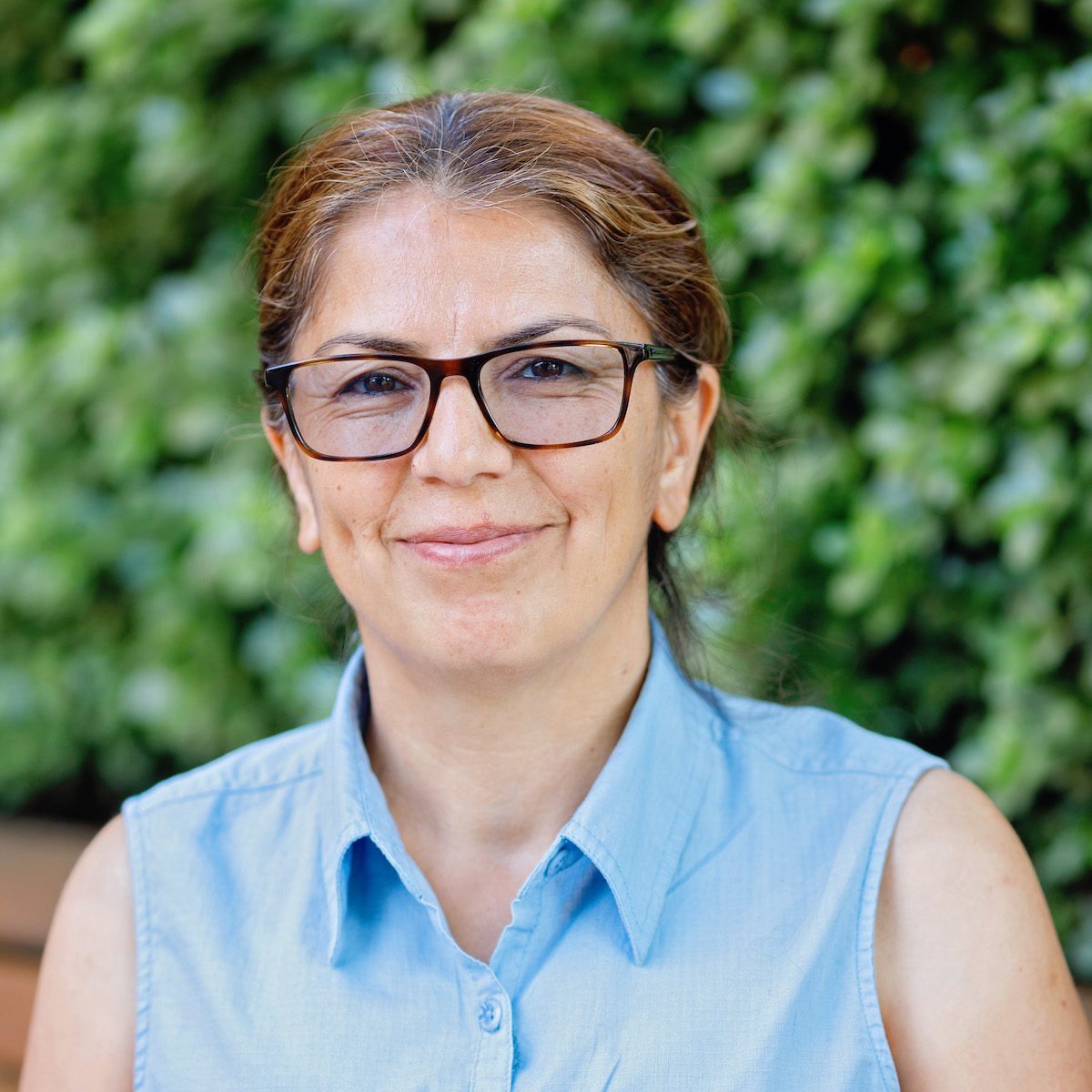
Postdoctoral Researcher; Department of Cell, Developmental and Cancer Biology, School of Medicine
Hatun Duran Cete is a postdoctoral researcher in Dr Pepper Schedin’s laboratory in the Department of Cell, Developmental and Cancer Biology, School of Medicine. She received her MD degree from Dicle University, School of Medicine in Diyarbakir, Turkey. She completed her pediatric surgery residency at the Pediatric Surgery Department of Dicle University, School of Medicine. In her postdoctoral work, Hatun will focus on studying the metastatic environment within the liver that facilitates breast cancer establishment in postpartum women. She will utilize mouse models of postpartum breast cancer to investigate the underlying mechanisms. Prior to her postdoc, Hatun has been studying the immune infiltrate of the postpartum liver, with the ultimate goal of identifying an immune-based therapy targeted to the liver metastatic niche.
Community fellows
Several postdoctoral fellows have completed their first year at OHSU with funding through OFDIR and have remained at OHSU to finish their postdoctoral work and stay involved in OFDIR programming. Learn more about their research and stories below.
Islam Abdelhalim Abdelaziz Ali, MDS, Ph.D.
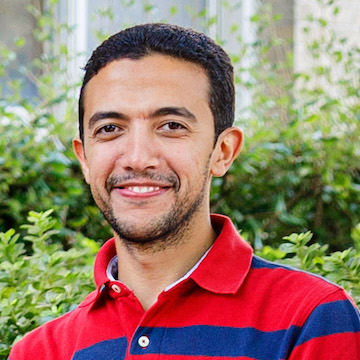
Postdoctoral Researcher, Department of Integrative Biosciences, School of Dentistry
Islam Abdelhalim Abdelaziz Ali is a postdoctoral researcher in Dr. Hui Wu’s laboratory in the Department of Integrative Biosciences, School of Dentistry. He holds a master’s degree in Conservative Dentistry & Endodontics (2016) at Faculty of Dentistry, Mansoura University, Egypt. He completed his Ph.D. in Endodontology (2021) at Faculty of Dentistry, The University of Hong Kong, Hong Kong. Islam’s graduate research focused on studying the quorum-sensing (QS) phenomenon in the opportunistic pathogen Enterococcus faecalis, and investigating the antibiofilm and anti-QS effects of a phytochemical against this bacterium. In his post-doc work, Islam will focus on exploring the effect of small molecules on microorganisms involved in the pathogenesis of dental root canal infections and polymicrobial interactions in these infections.
Teketay Wassie Anley, Ph.D.
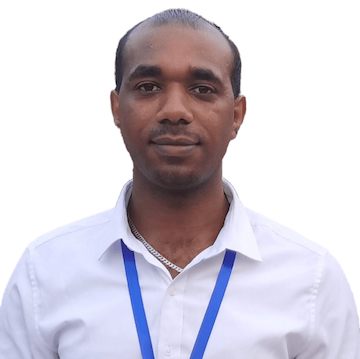
Postdoctoral Researcher, Department of Molecular Microbiology and Immunology
Teketay Wassie is a postdoctoral researcher in Dr. Fikadu Tafesse’s laboratory in the Department of Molecular Microbiology and Immunology. He received his Ph.D. from Huazhong Agricultural University, Wuhan, China in genetics, breeding, and reproduction. His graduate research focused on developing a recombinant bivalent DNA vaccine that expresses a fusion peptide composed of the Orf virus envelope gene (B2L) and Kisspeptin-54 and evaluating its immunogenicity against ORFV and fertility. As a postdoc, Teketay will investigate how antibody-mediated immunity is elicited by vaccines and natural infections.
Leandro Campos de Brito, Ph.D.
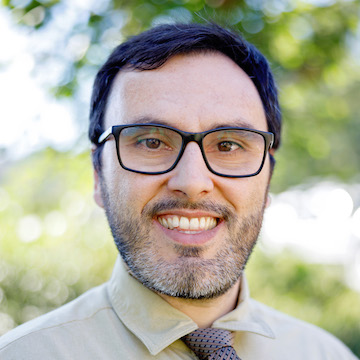
Postdoctoral Researcher, Oregon Institute of Occupational Health Sciences
Leandro Campos de Brito holds a Ph.D. and a Postdoctoral Fellowship from the University of São Paulo, Brazil in Human Physiology with a background in exercise physiology, circadian rhythms, and hypertension by investigating the better time of the day to do exercises and controlling blood pressure in these patients, as well as the underlying cardiovascular mechanisms. As a Postdoctoral Scholar in Dr. Thosar`s laboratory at the Oregon Institute of Occupational Health Sciences, Leandro’s research will focus on using new chronotherapeutic exercise-based interventions against cardiovascular risk in vulnerable populations. His long-term goals are to develop the skills and knowledge needed to investigate if the circadian system modulates the cardiovascular mechanisms involved in a window of opportunity allowing greater improvements in cardiovascular function in vulnerable patients as a principal investigator.
Carla da Silva Batista, Ph.D.
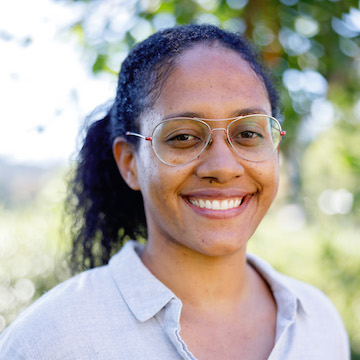
Postdoctoral Researcher, Department of Neurology
Carla da Silva Batista holds a Ph.D. and a Postdoctoral Fellowship from the University of São Paulo in Movement Sciences with a background in exercise physiology and Parkinson’s disease. Her graduate research focused on improving clinical outcomes (e.g., motor signs, mobility, and cognition) in individuals with Parkinson’s disease by investigating the pathophysiology of these clinical outcomes and improving them with exercise interventions with high sensorimotor demand. As a Postdoctoral Fellowship in the Balance Disorders Laboratory at the Department of Neurology, Carla’s research will focus on using news rehabilitation strategies to improve neurophysiological mechanisms that can be predictors of disease progression. Under Dr. Mancini mentorship, Carla will investigate if vibrotactile feedback can restore loss of spinal mechanisms in people with Parkinson’s disease and start hesitation. Her long-term goals are to develop the skills and knowledge necessary to investigate the use of news rehabilitation strategies with high sensorimotor integration in improving neurophysiological mechanisms that can be predictors of disease progression with the goal of preventing falls as a principal investigator.
Alexis Gibson, Ph.D.
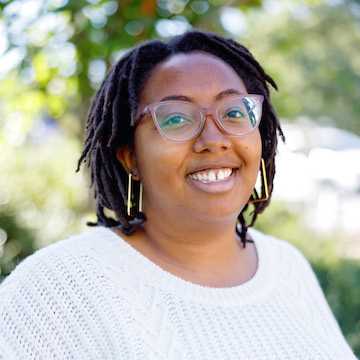
Postdoctoral Researcher, Department of Microbiology and Molecular Immunology
Alexis Gibson is a postdoctoral researcher in the lab of Isabella Rauch in the Department of Microbiology and Molecular Immunology. She received her Ph.D. in Cell and Molecular Biology at the University of Pennsylvania. During her graduate work in the lab of Boris Striepen, Alexis studied the intestinal parasite Cryptosporidium and how its epithelial host cell responds to infection. Now at OHSU, her post-doc work will focus on innate pathogen recognition in intestinal epithelial cells through inflammasomes and the impact of extrusion and cell death in infection and chronic disease.
Mauricio Sousa, Ph.D.
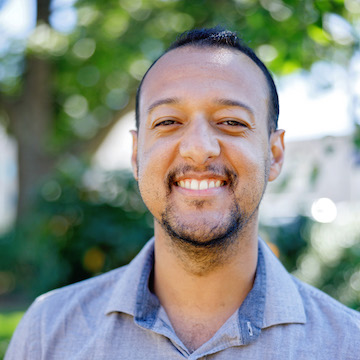
Postdoctoral Researcher, Department of Restorative Dentistry
Mauricio Gonçalves da Costa Sousa is a postdoctoral researcher in Dr. Luiz Bertassoni laboratory at the School of Dentistry. He received his BSE in dentistry (2014) at the Catholic University of Brasilia, a Master’s in health sciences (2017) at the University of Brasilia, and a Ph.D. in Genomic Sciences and Biotechnology at Catholic University of Brasilia. His graduate research focused on developing a new antibiofilm and immunomodulatory nanofibrous scaffold loaded with host defense peptides to regenerate the dental pulp tissue. As a postdoc, Mauricio will develop a smart bioprinted hydrogel loaded with host defense peptides and bone marrow stem cells to reconstruct the bone tissue.
Joshua Gonzalez, Ph.D.
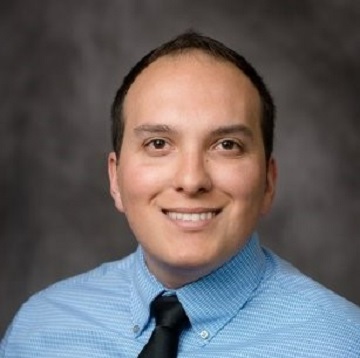
Postdoctoral Researcher, Oregon Institute for Occupational Health Sciences
Joshua Gonzalez is a postdoctoral researcher in the laboratory of Dr. Nicole Bowles and Dr. Steven Shea at the Oregon Institute for Occupational Health Sciences. He received his PhD from Michigan Technological University in integrative physiology with a background in autonomic cardiovascular control. His graduate research focused on how short-term fasting influences autonomic balance and the acute influence of e-cigarettes on arterial pressure and peripheral sympathetic activity in humans. As a postdoc, Josh’s research will focus on sleep and circadian physiology and how they contribute to disparities in hypertension. Under Dr. Bowles mentorship, Josh will study how one’s socio-cultural context may augment how an individual processes stress and the concomitant impact on sleep. His long-term goals are to develop the skills and knowledge necessary to investigate the intersectional impact of circadian rhythms, race, sleep, and nicotine usage on hypertension and autonomic dysfunction as a principal investigator.
Alejandra Fernandez, Ph.D.
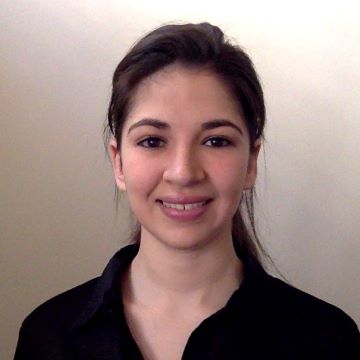
Postdoctoral Researcher, Vollum Institute
Alejandra Fernandez is a postdoctoral researcher at the Vollum Institute. She holds a Ph.D. in molecular medicine from the George Washington University (2018). Throughout her career, Alejandra has focused on the intersection of metabolism, gene regulation and circuit development. She is currently studying the effects of altered signaling of a mayor nutrient pathway, the PI3K-PTEN-mTOR network, in the development of the peripheral nervous system in Dr. Kevin Wright’s laboratory.
Robert Hermosillo, Ph.D.
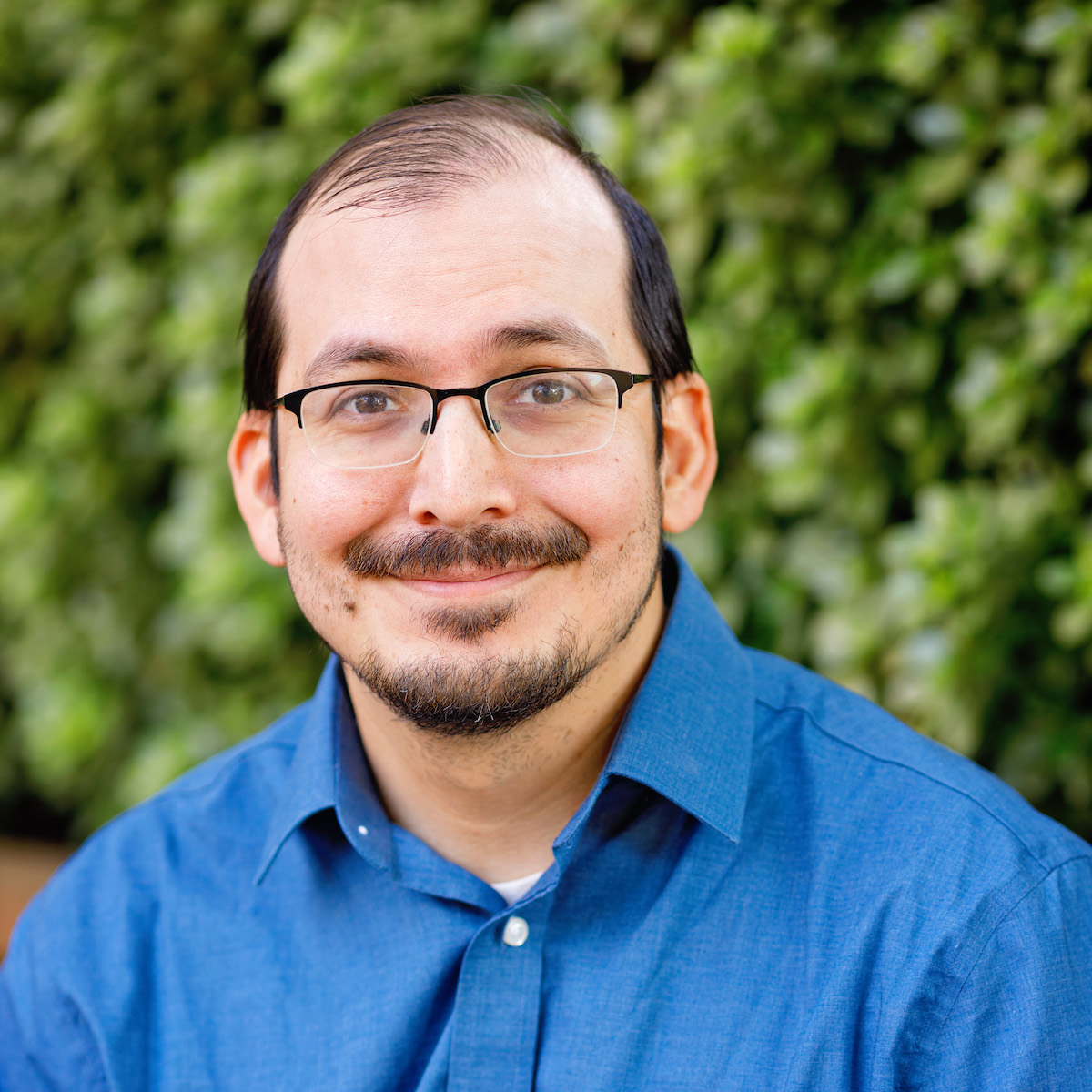
Postdoctoral Researcher, Department of Behavioral Neuroscience
Robert Hermosillo holds bachelor's and master's degrees in neurophysiology from the University of Oregon, and a Ph.D. in systems neuroscience from the University of British Columbia (2015). He held a Postdoctoral fellowship in speech and hearing sciences, investigating speech motor disorders at the University of Washington in Seattle with Dr. Ludo Max. He uses a combination of machine learning algorithms, genetics and state-of-the-art neuroimaging techniques to look at brain networks and classify neuropsychiatric disorders. Robert’s background is in computational neuroscience, investigating how the organic circuitry of the brain is able to perform computations that humans can use to control their limbs in a coordinated manner. Currently, his research aim is to be able to find patterns of single nucleotide polymorphisms (SNPs) or genes that result in aberrant developmental brain circuits in neuropathological disorders such as attention deficit hyperactivity disorder. Robert is involved with the OHSU Post-doctoral Association and the Alliance for Visible Diversity in Science.
Ernesto Manzo, Ph.D.
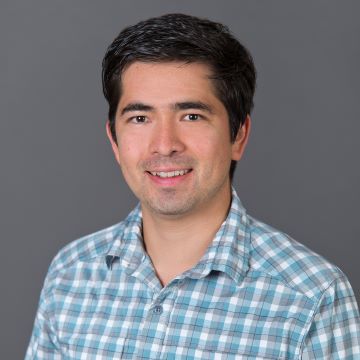
Postdoctoral Fellow, Vollum Institute
Ernesto Manzo is currently working in the laboratory of Dr. Marc Freeman, researching the cellular mechanisms that control axon degeneration. His research uses the fruit fly as a model organism to better understand how neurons either survive or degenerate in response to genetic insults. As an undergraduate at Swarthmore College, he became fascinated by how genetic alterations cause human disease. In 2010, he sought out an internship at the Clinic for Special Children, where he studied genetic diseases in the Amish and Mennonite Plain populations under Dr. Erik G. Puffenberger. He received his PhD in Molecular and Cellular Biology from the University of Arizona (2019) where he studied metabolic defects implicated in amyotrophic lateral sclerosis (ALS) in the laboratory of Dr. Daniela C. Zarnescu. Ernesto is a former HHMI predoctoral Gilliam Fellow with an interest in breaking down institutional barriers for traditionally underrepresented students in higher education.
Benjamin Sarno, Ph.D.
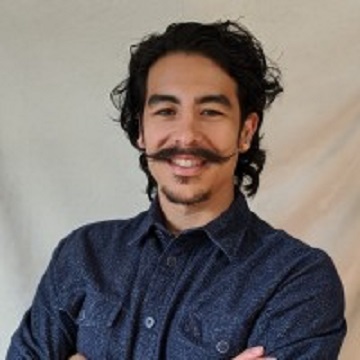
Postdoctoral Researcher, Department of Cell, Developmental and Cancer Biology
Benjamin Sarno is a postdoctoral researcher currently working in Dr. Gordon Mills’ lab in the Department of Cell, Developmental & Cancer Biology. He received his PhD from the University of California San Diego in Chemical and Bioengineering with a background in cancer diagnostics. His =work is focused in liquid biopsy technologies for cancer therapeutics and condition monitoring. Ben is currently developing a translational technology to interrogate blood plasma from triple negative breast cancer and ovarian cancer patients to identify key biomarkers for early diagnosis and therapy monitoring. He is also leading an exploratory effort to define potential bacterial biomarkers from opportunistic cultures found in tumor necrotic regions. In addition to his laboratory research, Ben is also passionate about challenging preconceived notions about who and what makes a “scientist” and breaking down barriers to create more ethical and diverse workspaces.